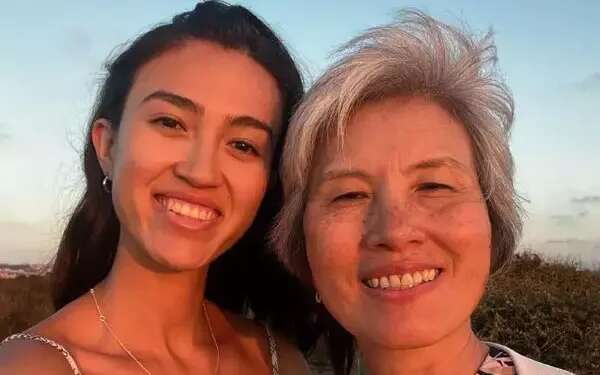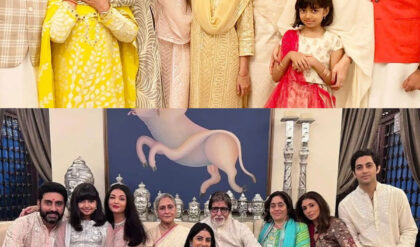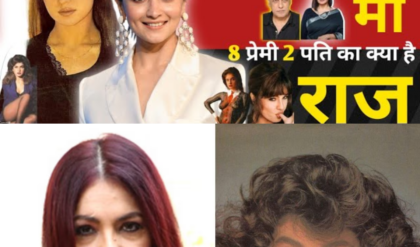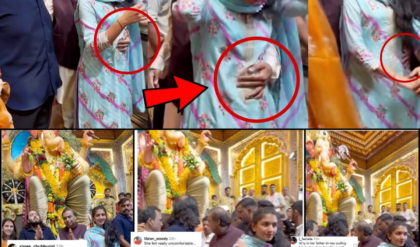Noa became the center of a national vigil after her abduction from the Nova music festival on that fateful October day. As the weeks turned to months, Liora’s private battle with cancer became inextricably linked with the public campaign for her daughter’s release

Liora Argamani, whose daughter Noa was held captive in Gaza for 246 days following the October 7 Hamas atrocities attack, died Tuesday after a prolonged battle with brain cancer. Argamani’s final wish – to see her daughter one last time – was granted just three weeks before her passing after Israeli forces rescued Noa in a daring raid to free 4 Israeli hostages in Gaza in early June, marking a poignant end to a story that captivated Israel and the world.
The 61-year-old nurse, who had traversed continents in pursuit of a dream, found her final solace in the arms of her daughter Noa – a young woman whose 246-day ordeal as a hostage in Gaza had become emblematic of a nation’s anguish.
“Liora spent her final days alongside her daughter Noa, who had returned from captivity, and her close family,” the hospital said in a statement that seemed to capture both relief and sorrow in equal measure. The family’s request for privacy underscored the deeply personal nature of their loss, even as it played out on an international stage.
The story of the Argamanis is one of stark contrasts – of joy and despair, of reunion and separation. Liora, born in the bustling city of Wuhan, China, had come to Israel in 1994 for what was meant to be a brief professional sojourn. Instead, she found love in the desert city of Beer Sheva, marrying Yaakov and giving birth to their only child, Noa.
It was Noa who became the center of a national vigil after her abduction from the Nova music festival on that fateful October day. As the weeks turned to months, Liora’s private battle with cancer became inextricably linked with the public campaign for her daughter’s release.
In a video that would later be seen by millions, Liora made a heartrending appeal. “I’m now a cancer patient, brain cancer. I don’t know how much time I have left,” she said, her eyes reflecting a mixture of determination and despair. “I want to be able to see my Noa at home.”
Her words, directed at world leaders and humanitarian organizations, carried the weight of a mother’s love – a force that seemed to transcend the boundaries of politics and conflict. “Noa, I want to tell you, if I don’t see you – know that I love you the most,” Liora said, her voice breaking with emotion. “The whole world loves you.”
At a rally marking 100 days of captivity, Liora’s frail form belied her inner strength as she addressed a sea of supporters. “Noa has been in Hamas captivity for 100 days, and I don’t understand how this can be,” she said, her words a mixture of gratitude for public support and incomprehension at the ongoing ordeal.
The long-awaited reunion came in the twilight of Liora’s life. Noa, along with three other hostages, was finally released. The moment they shared – a wordless embrace in a hospital room – became a powerful symbol of closure, not just for the Argamani family, but for a nation scarred by conflict.
Amnon Regev, Noa’s cousin, captured the bittersweetness of the moment in an interview. “Noa can’t communicate with Liora, but she said she wanted one last hug, and I think she got it,” he said. “This is her victory and all of ours.”
As news of Liora’s passing spread, the Hostages and Missing Families Forum released a statement that seemed to encapsulate the complex emotions of the moment. “We bow our heads in deep sorrow,” it read, acknowledging both the personal loss and the broader context of ongoing captivity for others.
In the end, Liora Argamani’s story is more than a footnote in a larger conflict. It is a reminder of the human cost of war, the strength found in adversity, and the enduring power of a mother’s love. In her final days, Liora achieved her heart’s desire – to hold her daughter once more. In doing so, she provided a moment of catharsis for a nation in need of healing.
As Israel mourns Liora Argamani, her legacy serves as a poignant reminder of the personal tragedies that often unfold in the shadow of geopolitical strife. In life and in death, she embodied the resilience of the human spirit – a beacon of hope in troubled times.





